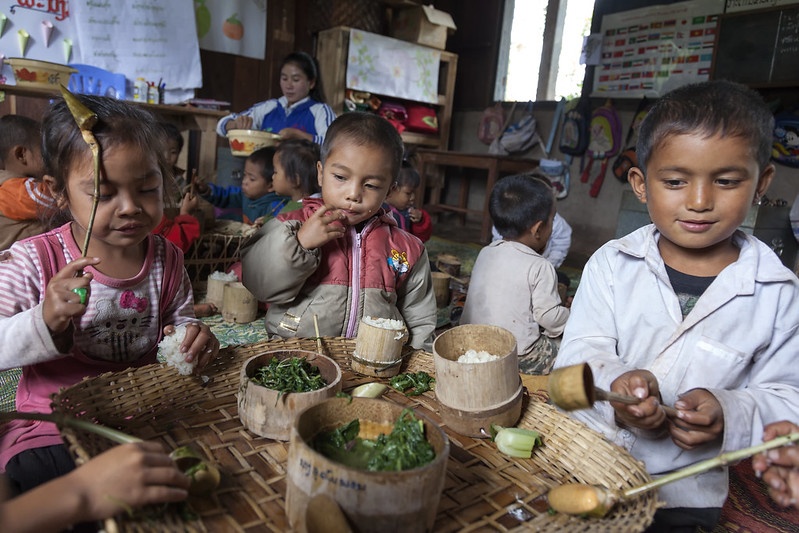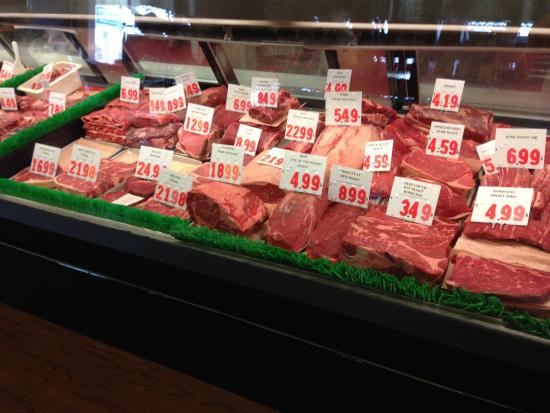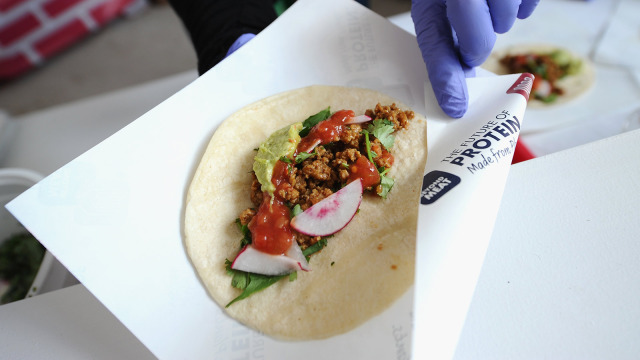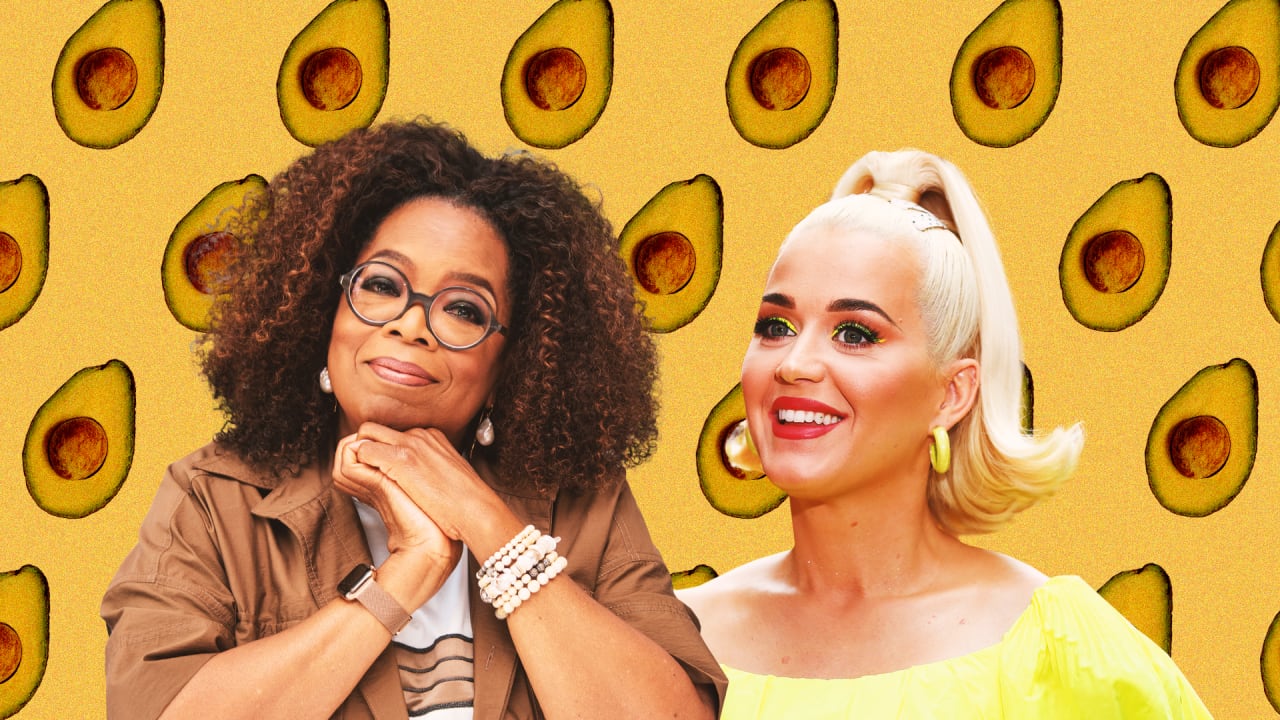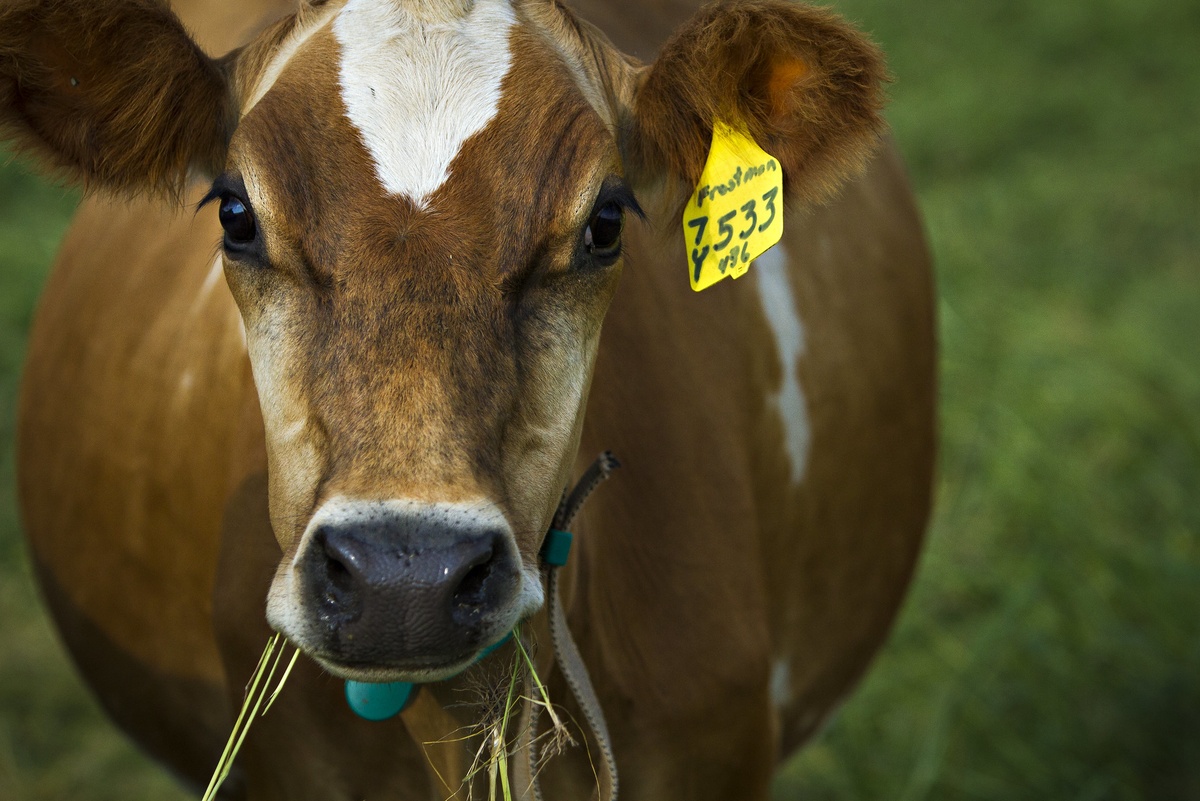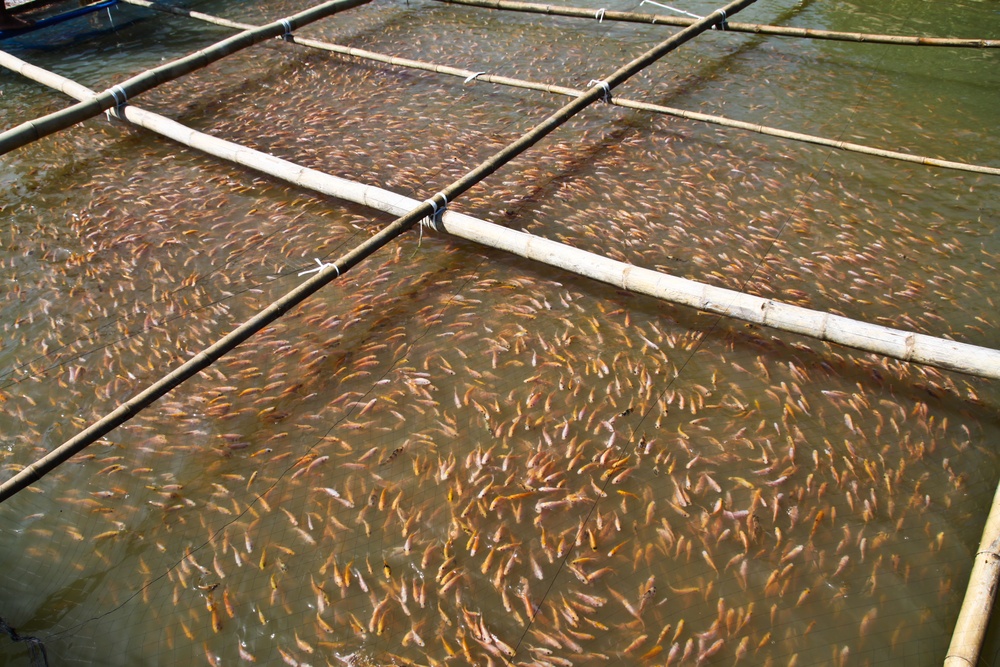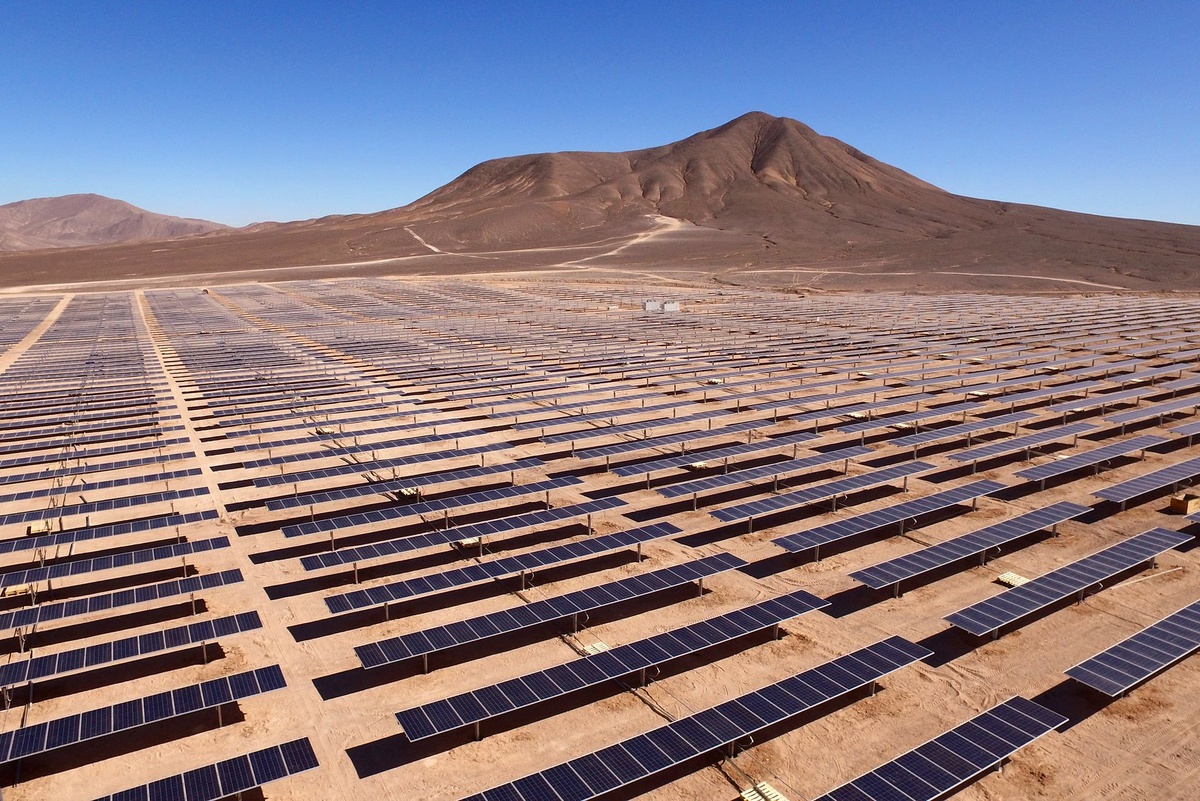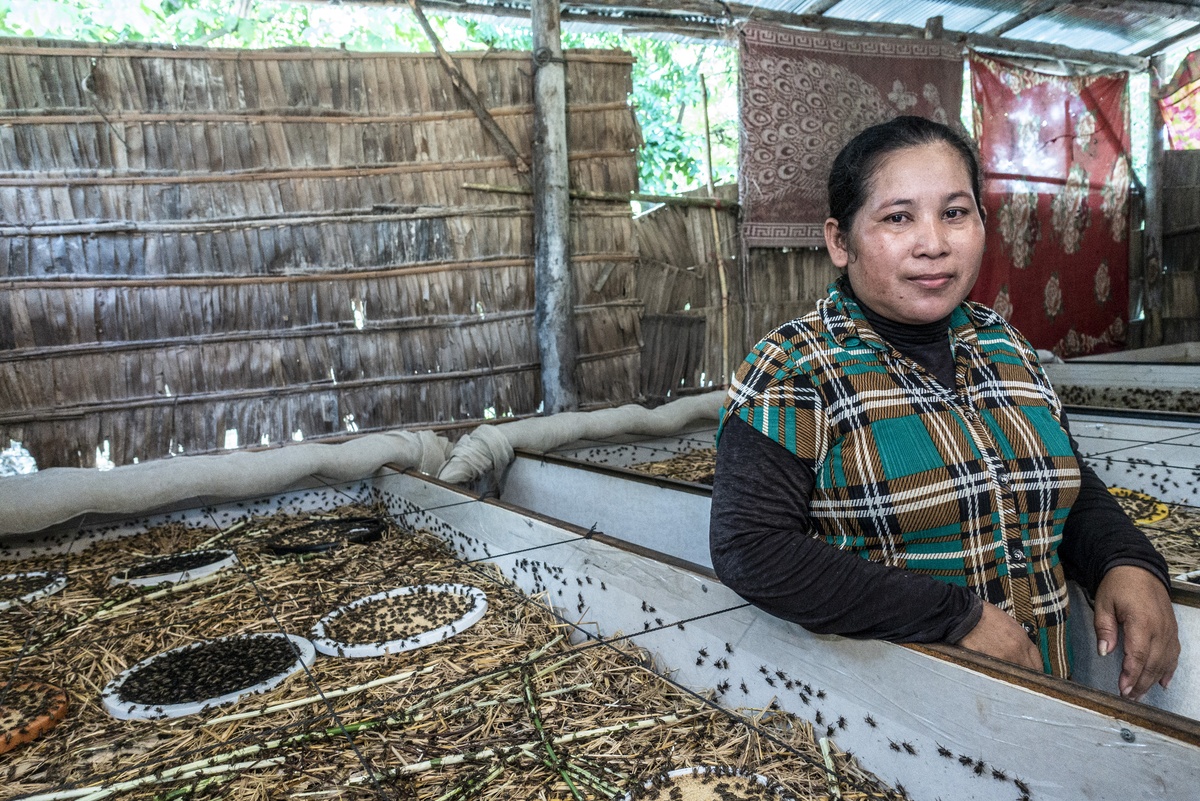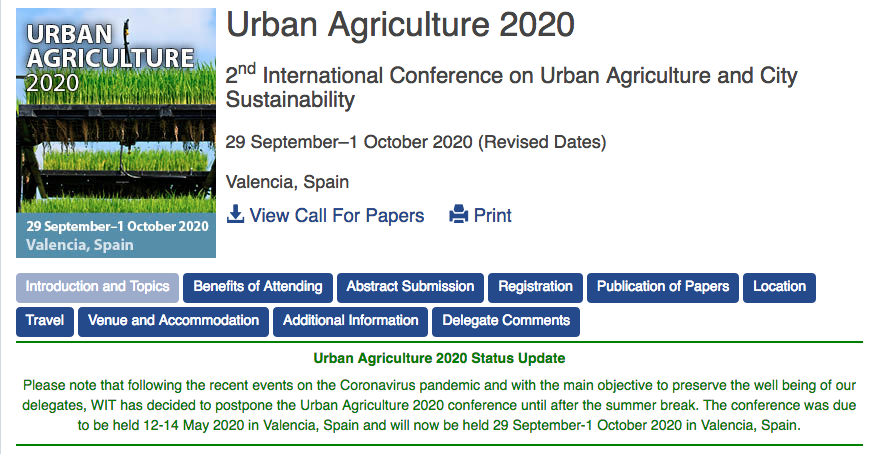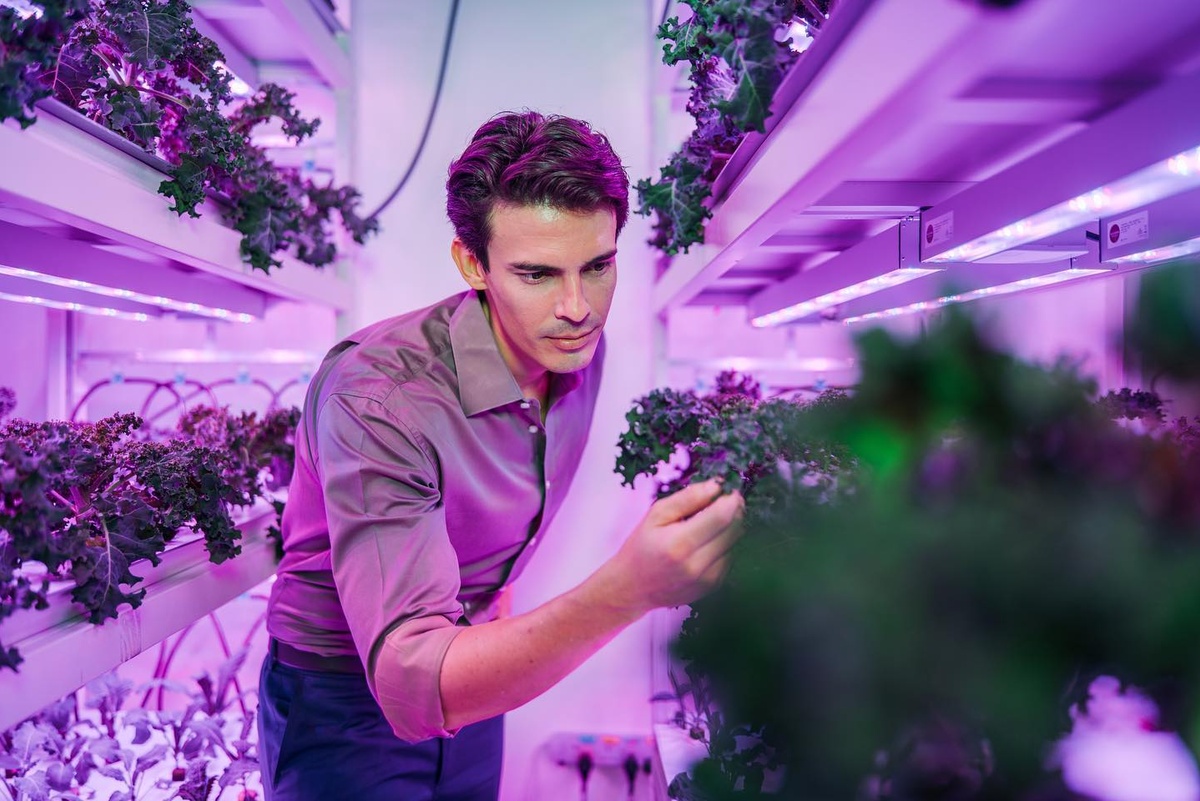-
(0)
-
Bookmark
- Comments (0)
05/27/2020 SOURCE: www.agriculture.com
-
(0)
-
Bookmark
- Comments. (0)
05/27/2020 SOURCE: grist.org
-
(0)
-
Bookmark
- Comments. (0)
05/27/2020 SOURCE: www.fastcompany.com
-
(0)
-
Bookmark
- Comments. (0)
 John LaRose Jr.
John LaRose Jr.
Topics: Livestock/Meat, Aquaculture/Fish Farming, Beef Cattle, Ag Asia / Pacific, World Hunger, Climate Change,
-
(0)
-
Bookmark
- Comments (0)
 John LaRose Jr.
John LaRose Jr.
Topics: Water, Aquaculture/Fish Farming, Fishing (Commercial), World Hunger, Climate Change,
-
(0)
-
Bookmark
- Comments (0)
 John LaRose Jr.
John LaRose Jr.
Topics: Sustainability, Ag Asia / Pacific, Regenerative Agriculture, Ag Middle East,
-
(0)
-
Bookmark
- Comments (0)
 John LaRose Jr.
John LaRose Jr.
Topics: Economics, Pest Control, Ag Asia / Pacific, World Hunger,
-
(0)
-
Bookmark
- Comments (0)
 John LaRose Jr.
John LaRose Jr.
Topics: Organic, Agriculture Global, Sustainability, Ag United Kingdom, World Hunger, Urban Farming,
-
(0)
-
Bookmark
- Comments (0)
 John LaRose Jr.
John LaRose Jr.
Topics: Pesticides, Vegetables, Pest Control, Ag Asia / Pacific, Vertical Farming, Urban Farming,
-
(0)
-
Bookmark
- Comments (0)


